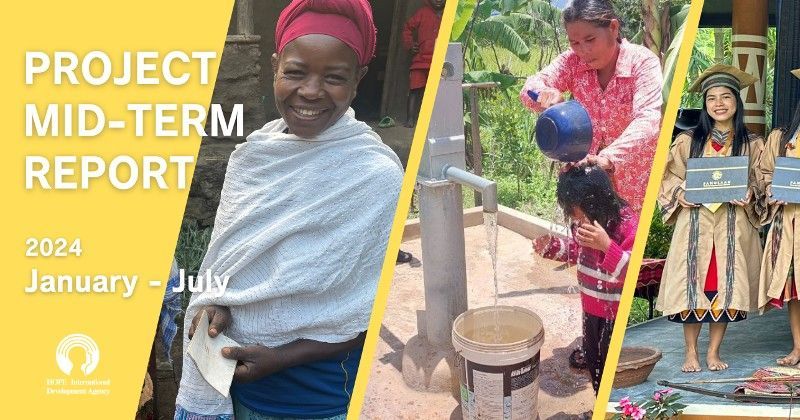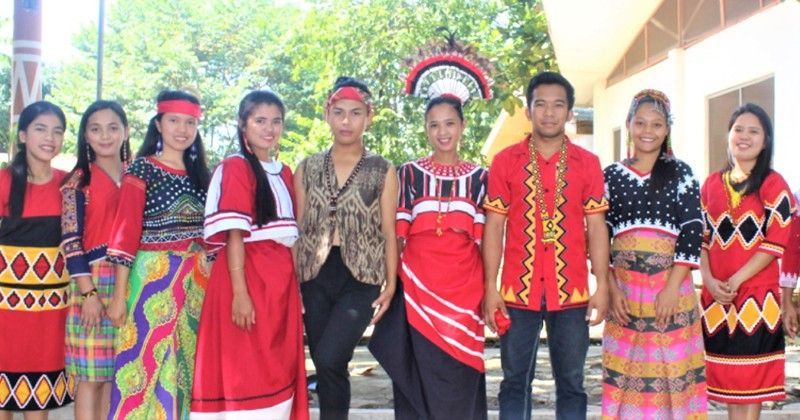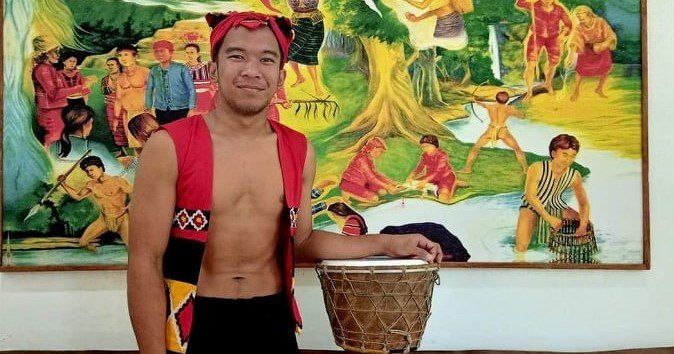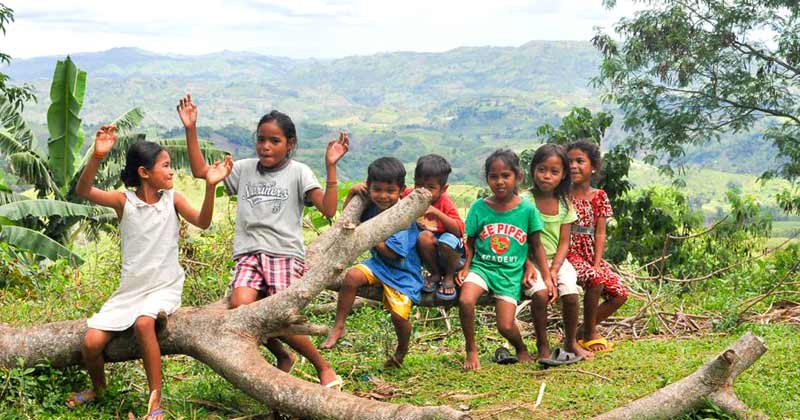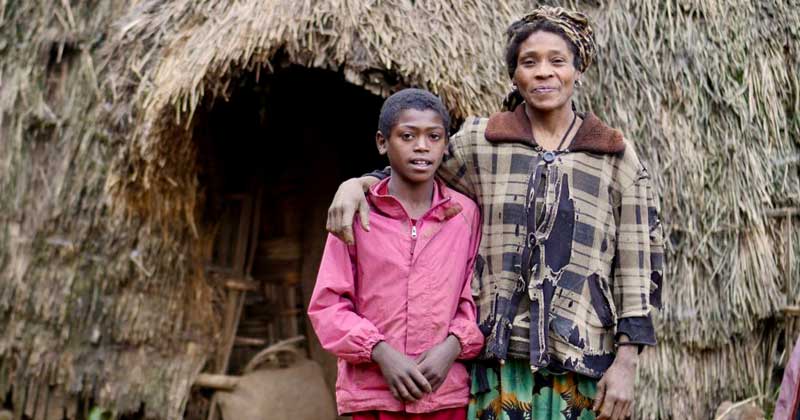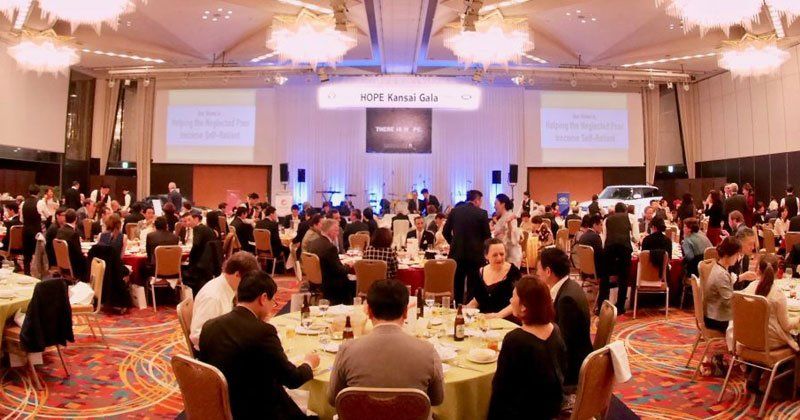Philippines Blogs
By Kristina Eichholz
•
August 1, 2024
For more than 10 years, Junicon has supported a wonderful program at the Pamulaan Center for Indigenous Peoples Education in the Southern Philippines. This support has been enabled by the HOPE International Development Agency Japan, with whom Junicon collaborates to provide funding for students at the Pamulaan center.
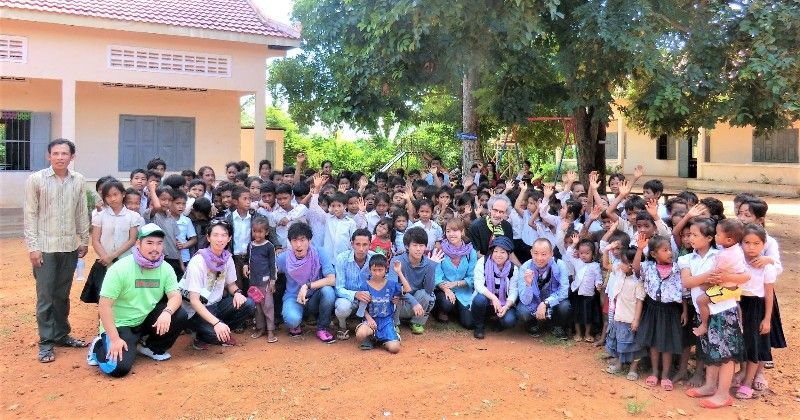
By HOPE-JP
•
July 7, 2023
The HOPE Study Tour is called UNION, an acronym for Understanding Needs In Other Nations, and the tours include project site visits that are designed to help participants "learn about problems faced by people living in poverty in developing countries and to understand their needs.
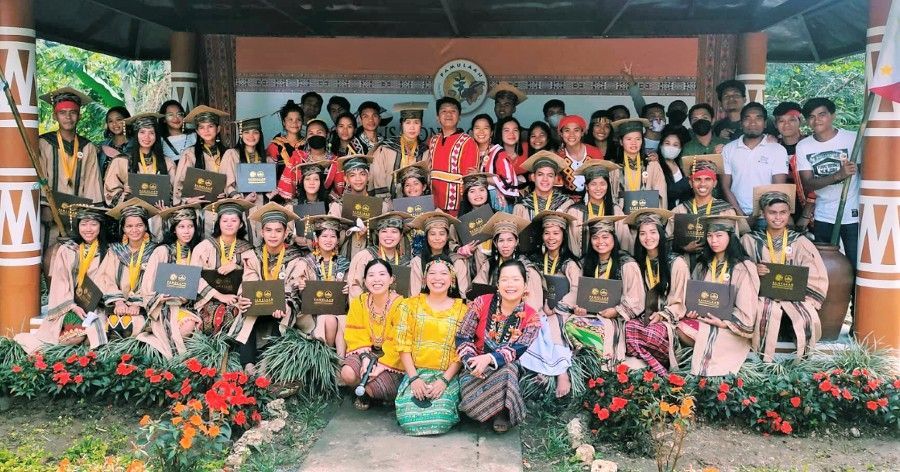
By HOPE-JP
•
February 16, 2023
Many indigenous peoples of the Philippines follow traditional farming practices but most do not hold titles to their land. As a result, they face problems such as malnutrition, high incidence of diseases and mortality due to limited access to natural resources and the influx of migrant farmers that have pushed them into poverty. HOPE International Development Agency has been supporting the Pamulaan Center since 2010.

By Kristine Mae P. Sumalinab
•
August 17, 2020
I have always believed that education is much more meaningful if it can contribute to solving the many ills creeping in our societies. That belief has been strengthened by my education at the Pamulaan Center for Indigenous People’s Education - University of Southeastern Philippines, an educational institution dedicated to the indigenous peoples in the Philippines.
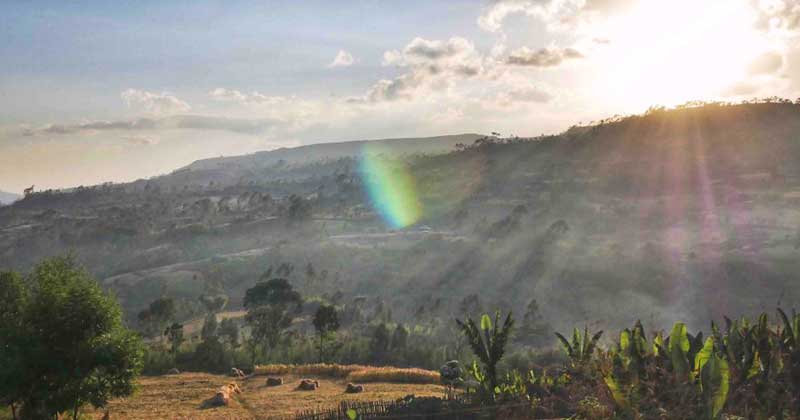
By HOPE-JP
•
February 20, 2018
More than 50 per cent of the approximately 7,000 languages spoken in the world are likely to die out within a few generations, and 96 per cent of these languages are spoken by a mere 4 per cent of the world’s population. Only a few hundred languages have genuinely been given pride of place in education systems and the public domain, and less than a hundred are used in the digital world.
By Kristina Eichholz
•
August 1, 2024
For more than 10 years, Junicon has supported a wonderful program at the Pamulaan Center for Indigenous Peoples Education in the Southern Philippines. This support has been enabled by the HOPE International Development Agency Japan, with whom Junicon collaborates to provide funding for students at the Pamulaan center.

By HOPE-JP
•
July 7, 2023
The HOPE Study Tour is called UNION, an acronym for Understanding Needs In Other Nations, and the tours include project site visits that are designed to help participants "learn about problems faced by people living in poverty in developing countries and to understand their needs.

By HOPE-JP
•
February 16, 2023
Many indigenous peoples of the Philippines follow traditional farming practices but most do not hold titles to their land. As a result, they face problems such as malnutrition, high incidence of diseases and mortality due to limited access to natural resources and the influx of migrant farmers that have pushed them into poverty. HOPE International Development Agency has been supporting the Pamulaan Center since 2010.

By Kristine Mae P. Sumalinab
•
August 17, 2020
I have always believed that education is much more meaningful if it can contribute to solving the many ills creeping in our societies. That belief has been strengthened by my education at the Pamulaan Center for Indigenous People’s Education - University of Southeastern Philippines, an educational institution dedicated to the indigenous peoples in the Philippines.

By HOPE-JP
•
February 20, 2018
More than 50 per cent of the approximately 7,000 languages spoken in the world are likely to die out within a few generations, and 96 per cent of these languages are spoken by a mere 4 per cent of the world’s population. Only a few hundred languages have genuinely been given pride of place in education systems and the public domain, and less than a hundred are used in the digital world.

